Cystic fibrosis
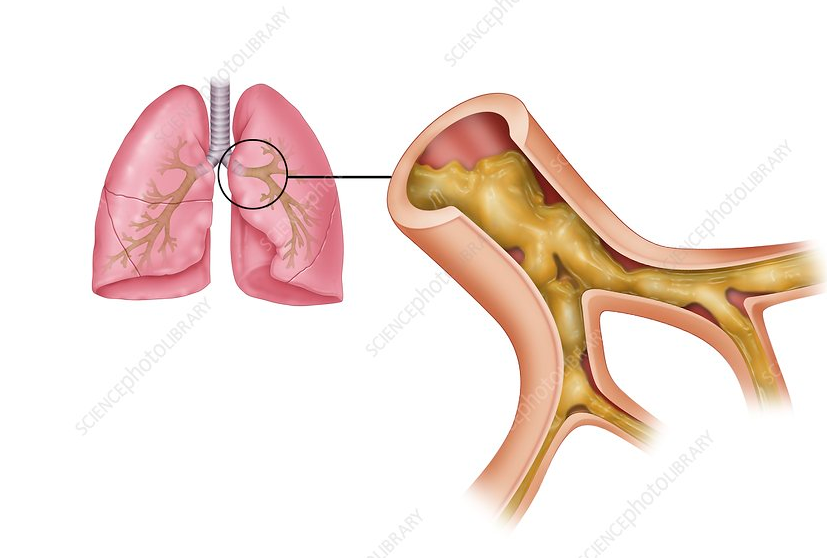
Cystic fibrosis (CF) is a genetic disorder that primarily affects the lungs, pancreas, liver, and intestines. It is caused by mutations in the CFTR (cystic fibrosis transmembrane conductance regulator) gene,

Cystic fibrosis (CF) is a genetic disorder that primarily affects the lungs, pancreas, liver, and intestines. It is caused by mutations in the CFTR (cystic fibrosis transmembrane conductance regulator) gene,
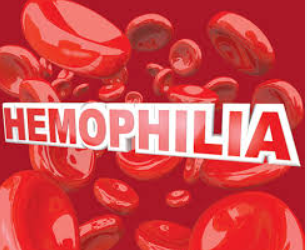
Hemophilia is a genetic disorder that affects the blood’s ability to clot properly. People with hemophilia bleed longer after injuries and may experience spontaneous bleeding, especially into joints and muscles.
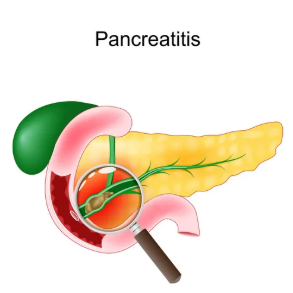
Pancreatitis is the inflammation of the pancreas, an organ located behind the stomach that plays a vital role in digestion and blood sugar regulation. There are two main types: The
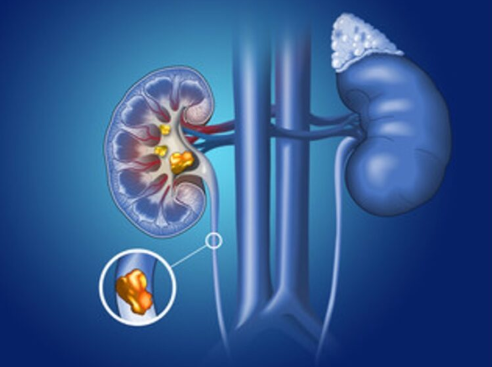
Kidney stones are hard deposits made of minerals and salts that form inside your kidneys. They can affect any part of your urinary tract — from your kidneys to your
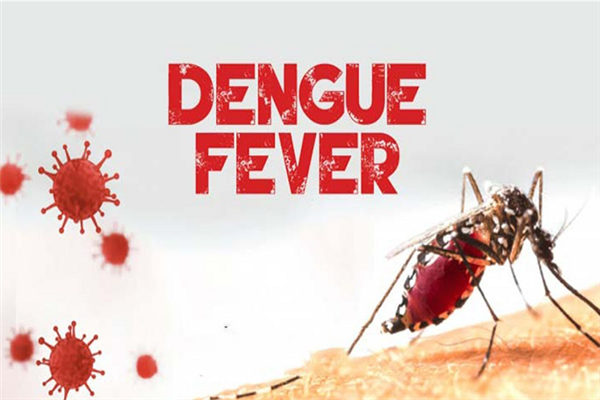
Dengue fever is a mosquito-borne viral infection caused by the dengue virus (DENV), which is transmitted primarily by the Aedes aegypti mosquito (and less commonly Aedes albopictus). It is characterized
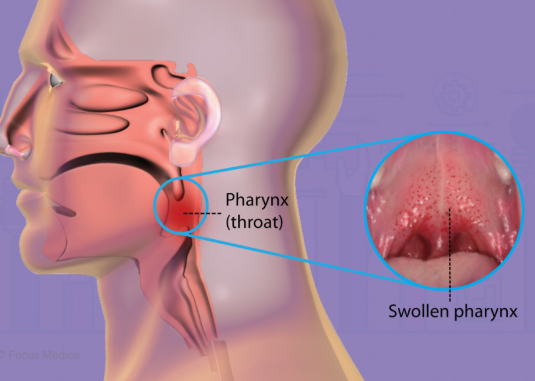
Pharyngitis is the medical term for inflammation of the pharynx, the part of the throat located behind the mouth and nasal cavity. It is most commonly experienced as a sore

Canker sores, also called aphthous ulcers, are small, shallow lesions that develop on the soft tissues in your mouth or at the base of your gums. Unlike cold sores, canker
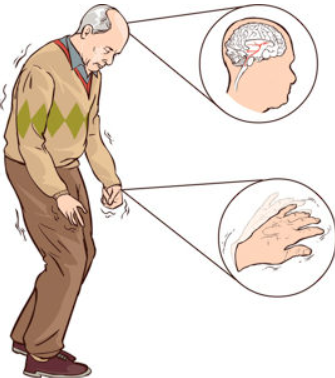
Parkinson’s malady is a neurological malady that progresses and affects the movement, caused by the destruction of neurons that produce dopamine in the service. Typical symptoms include trembles, motion movements

Influenza (Flu) is an infectious disease caused by influenza viruses that attack the respiratory system, including the nose, throat, and lungs. It spreads easily from person to person through droplets